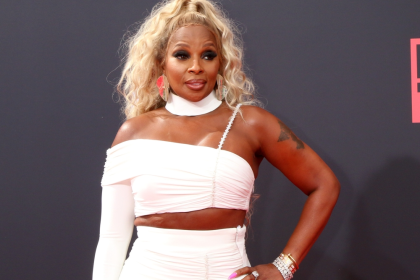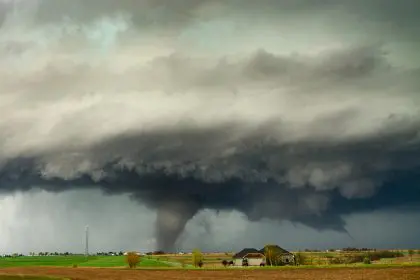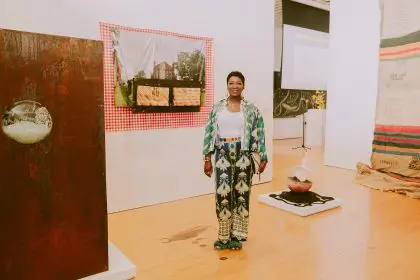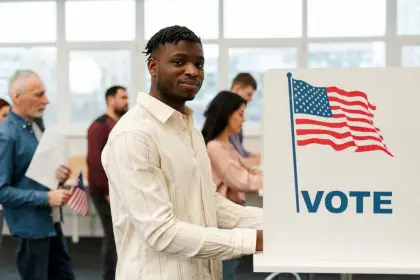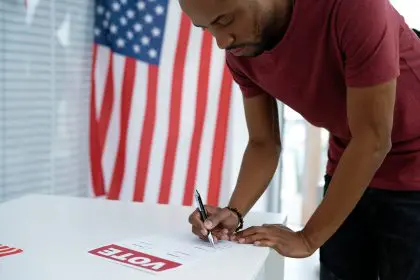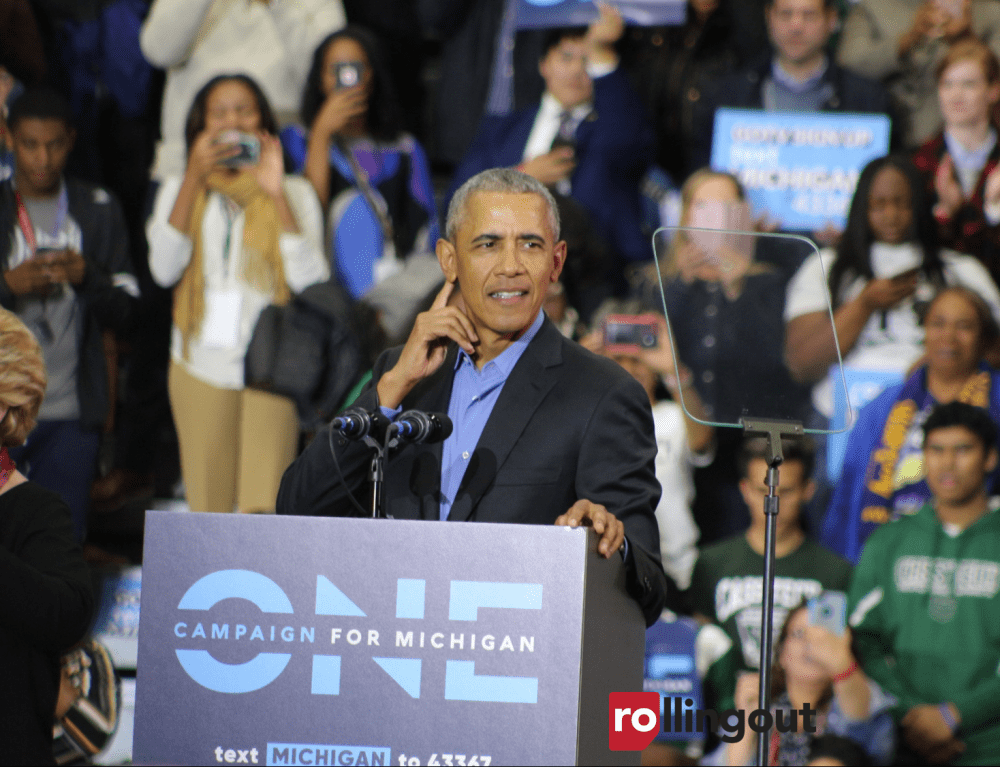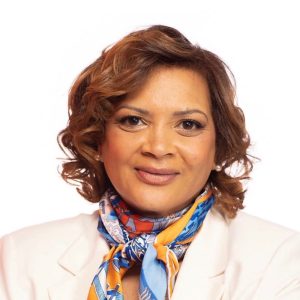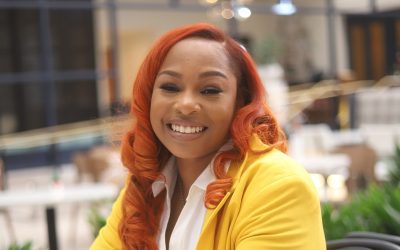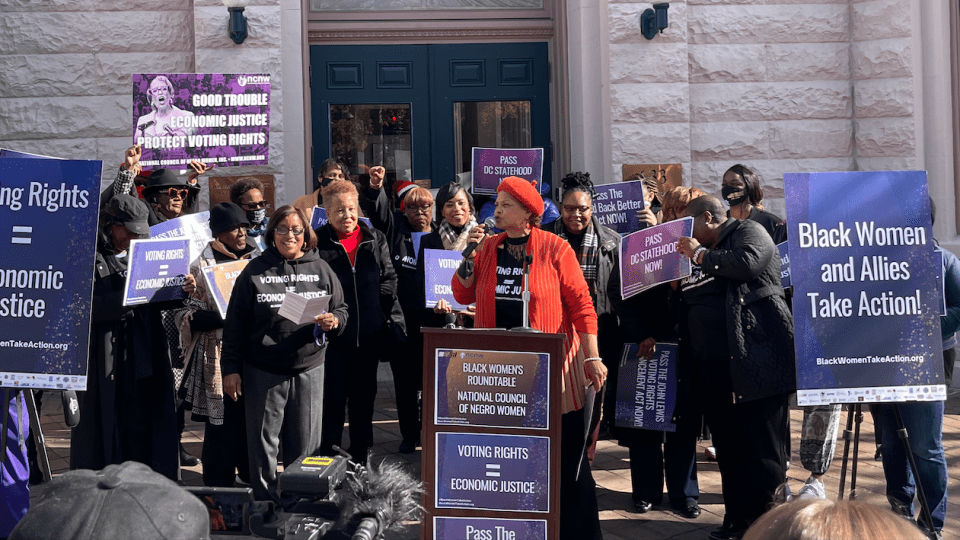
It may be hard to believe, but Black people in the U.S. have had the universal right to vote for less than 60 years.
Many African Americans who are alive today know first-hand the experience of second-class citizenship, and the pain and hardship of being shut out of power. Without the legal right to vote, that generation had no say over political leadership and no ability to help shape public policy. Their fortunes changed in 1965 with the passage of the Voting Rights Act.
After many years of demonstrations and protests, including Rosa Parks refusing to move to the back of the bus, the sit-ins, the March on Washington and Freedom Rides, after bloody struggles such as crossing the Edmund Pettis Bridge and the bombing of the 16th Street Baptist Church, and after beatings and murders committed against countless civil rights advocates and organizers — after all that, in 1965, Black Americans finally won the right to the American franchise: the right to be full-fledged citizens with the right to vote.
There was then, and still remains, great resistance to Black people being able to register to vote and cast their ballots. The Voter Education Project (VEP) was founded in 1962 to overcome this opposition. It succeeded in registering hundreds of thousands of new Black voters in the South. VEP launched the careers of important civil rights leaders, including Vernon Jordan and the late Congressman John Lewis. After graduating from Clark Atlanta, VEP was my first job out of college, under the direction of Ed Brown. I cut my teeth on voter registration, learning that political leverage was power. I also began to understand that in a democratic system, votes are the “coin of the realm,” the currency of power transactions.
The more votes, the more leverage; the more leverage, the more power.
This was a lesson I’ve carried my entire life, from young adulthood into an activist career, and now as the CEO of Georgia STAND-UP and We Vote, We Win — two of the most impactful and powerful Black civic education and voter mobilization organizations in the South.
Today, the old saying, “you don’t know where you are going unless you know where you have been,” applies more than ever to the act of voting. In the same South where police set dogs and fire hoses on helpless civil rights demonstrators and openly racist politicians vowed never to allow equality for Black people, we just elected Georgia’s first full-term Black senator. That is more than a symbolic achievement; it is a sign. The times, they are a changing.
In the South and many metropolitan areas across the country, Black people — in solidarity amongst themselves and in collaboration with political allies — now have the leverage to seize real power. But that leverage has produced a mean backlash: voter suppression and voter disenfranchisement. As Black voting power has increased over the last 60 years, efforts to intimidate, undermine, discourage, and otherwise thwart Black voter participation have increased. We have the right to vote, but barriers to exercising that vote continue to be raised. The Black vote remains under attack.
As a people, building on the legacy of Black political empowerment is our most important duty. The days of dog attacks and fire hoses are gone. However, personal risk and sacrifice are still called for. I was arrested, along with other Black women leaders like Congressman Joyce Beatty, LaTosha Brown, and Melanie Campbell, twice at the Senate building in Washington, D.C., for civil disobedience while demanding voter rights be protected. Our organizations have registered tens of thousands of new voters, generated millions of calls and texts to spur voter turnout, and helped neutralize a constant stream of deceptive misinformation intended to weaken Black voter resolve. We must protect our collective democratic franchise with aggressive determination.
Black citizens must demand passage of the John Lewis Voting Rights Act and the Freedom to Vote Act, both of which counter voter suppression and extend the protections created in 1965. Georgia STAND-UP and We Vote We Win are mobilizing to institutionalize Black voter advocacy. There are huge opportunities to expand Black political power as the country’s demographics and political orientation continue to shift. But we must be vigilant, remain engaged, and keep our eyes on the prize, because when our votes are under attack, it is our duty to stand up and fight back. Because when we vote, we win!
(Featured photo credit: Bill Lee/Real Life Photos)
______
Deborah Scott, CEO of Georgia STAND-UP, a “think and act tank” for working families, CEO of We Vote, We Win, and an Obama “White House Champion of Change,” is one of today’s foremost advocates for civic engagement, economic inclusion, and community empowerment. At the vanguard of the South’s new progressive movement, Deborah’s relentless base building helped flip Georgia and elect the state’s first Black senator.

